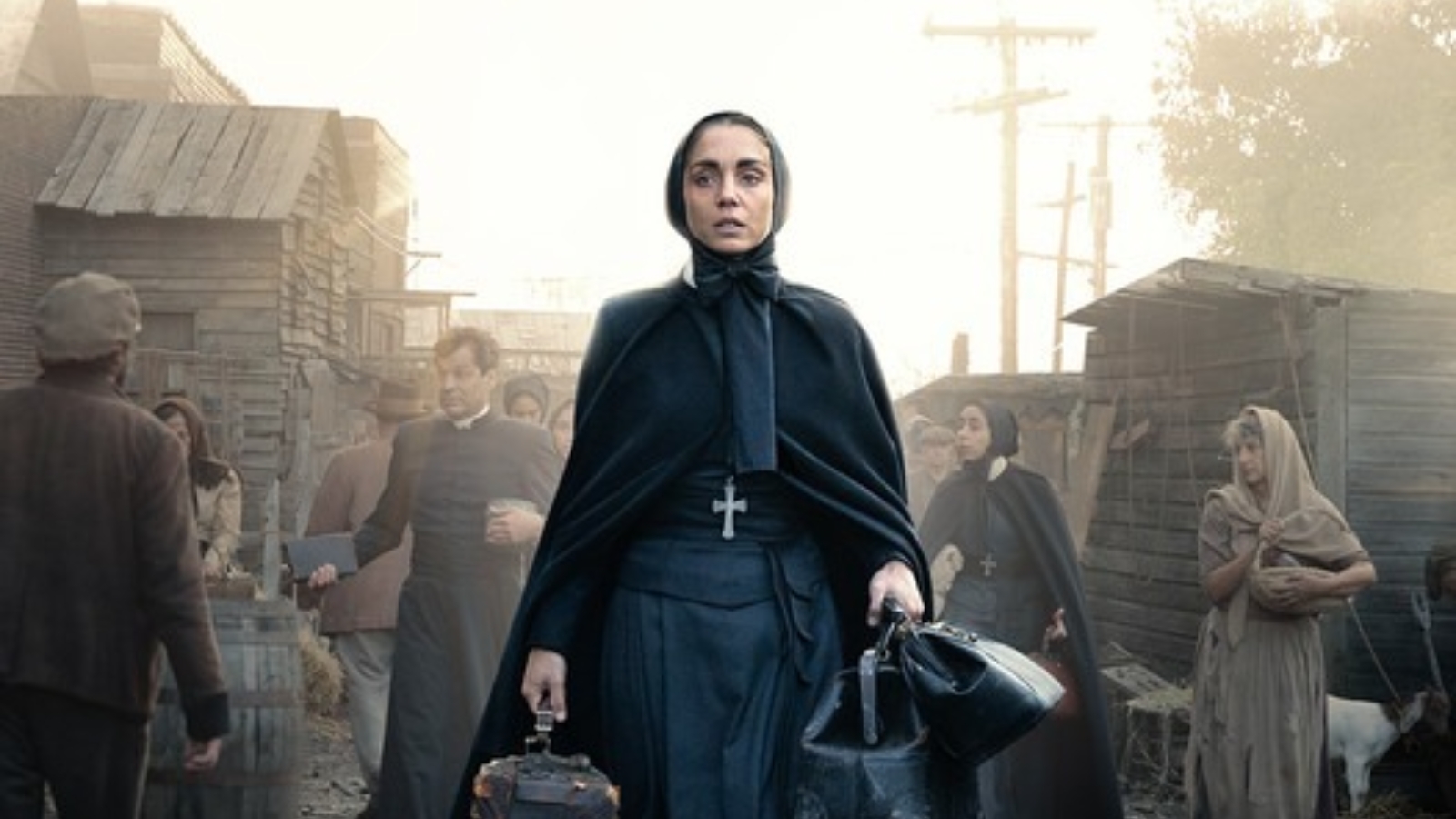
Lessons of Liberty in the Film ‘Cabrini’
After dazzling us like fireworks on the July 4th premiere of Sound of Freedom, that stirred up controversy regarding child trafficking, Angel Studios strikes again with Cabrini, which premiered on International Women’s Day on March 8th. Every International Women’s Day I look for stories of women that defy the odds to accomplish great things. After I saw several social media ads and the trailer for Cabrini, this looked like my kind of movie. What really caught my attention was a woman who was brave enough to question the authority of the Catholic church and the Mayor of New York. It taught me some important life lessons we can all use in our advocacy for liberty.
The film is based on the life of St. Frances Xavier Cabrini also known as Mother Cabrini. She got her start serving impoverished Italian immigrants in New York City in 1889. She later established a network of orphanages, schools, and hospitals around the world. I noticed that Italian immigrants are not that much different from the immigrants we see in the United States today. They spoke little to no English, came from poor backgrounds, were called horrible names, and took labor-intensive jobs that no one else wanted. The first scene immediately pulled at my heartstrings as an Italian boy pushed his dying mother in a cart. As soon as he arrived at the hospital asking for help in Italian, he was immediately sent away. This was the America that Cabrini would see more of.
The first lesson was that anyone can have an entrepreneurial mindset if they have a clear vision and goals. In the case of Cabrini, she made it clear to Pope Leo XIII that: “The world is too small for what I intend to do.” Even though she didn’t know exactly how it would happen, knew she wanted to build orphanages. This quote was elaborated on throughout the film. While New York may have been a world of glitz and glamor for some, it wasn’t for everyone. The Italian neighborhood of Five Points was overflowing with people packed into apartments with poor ventilation and no plumbing. A place where orphans relied on grates for warmth and sewers for safety. In spite of the advice of avoiding Five Points, especially at night, Cabrini marched through the streets with confidence ready to serve those who needed her most.
The second lesson taught me the importance of leading with love. This is not a weakness but a strength. While this may come naturally to women opposed to men, I believe this is something we all need to get better at showing. A lot of leaders fall into the trap of leading for the sake of exercising power or for fame. What about caring for people that are less fortunate than you?
What about those marginalized from society? What about creating a positive change or better public policy that actually helps those in need? Mother Cabrini used what little she had to feed, clothe, and educate Italian orphans.
The third lesson is on fundraising, which sets the course for the programming of liberty-oriented nonprofit organizations. This is what Directors of Development are expected to accomplish, bringing in the money and maintaining relationships with donors. Mother Cabrini didn’t have a title or a magic formula for fundraising. She had a gift of communicating with the men that stood in her way and creatively found ways to secure the funding she needed to find a bigger building for the orphans and hospital that cared for everyone. She didn’t let fines, building regulations, and a rule against soliciting funds from non-Italians get in her way. One of the most powerful scenes in the film was when she reminded the descendants of Irish, Polish, and Jewish immigrants that their ancestors once lived like the Italians. This later led to them coming together to build a hospital that wouldn’t just be for Italians, but for all New Yorkers.
A lot of movies I have seen lately have either been to entertain me or distract me from the more stressful parts of life. Cabrini left me empowered, inspired, and eager to learn more about what I could do to improve. Whether we are new or more experienced in working in the liberty movement, Cabrini offers some timeless life lessons we can apply to our lives. When our time is up how do you want others to remember us? Is the world too small for what all of us intend to accomplish? No matter how we see or where we are in the world, no matter what obstacles we have to overcome, it is in desperate need of more liberty.
Free the People publishes opinion-based articles from contributing writers. The opinions and ideas expressed do not always reflect the opinions and ideas that Free the People endorses. We believe in free speech, and in providing a platform for open dialogue. Feel free to leave a comment.



